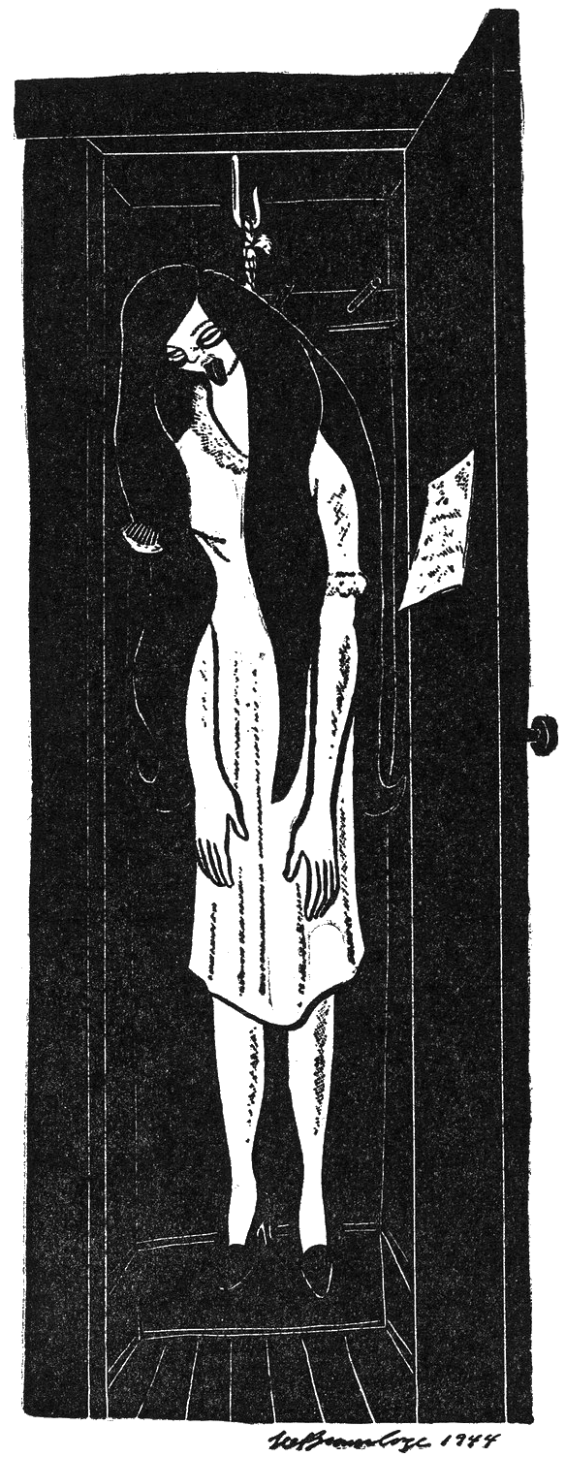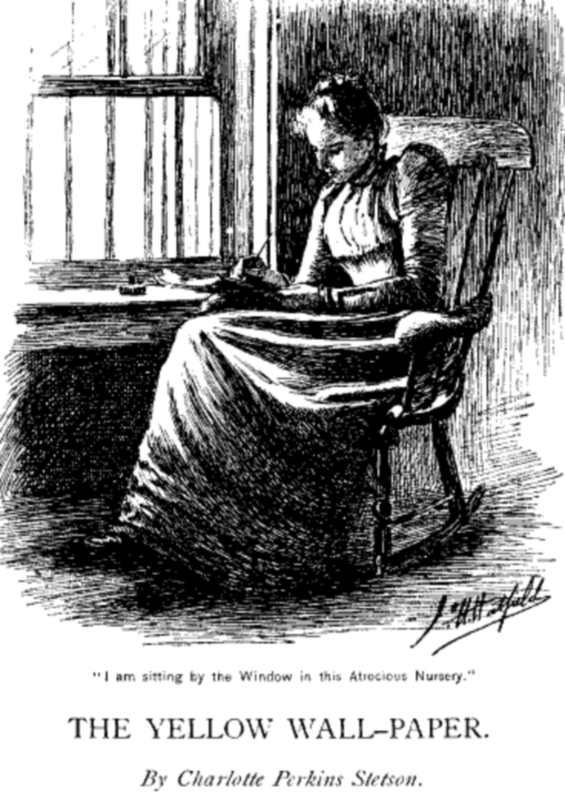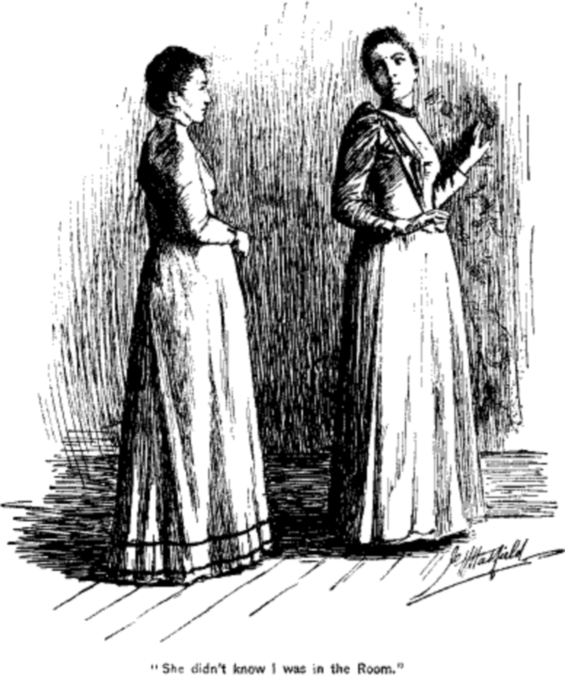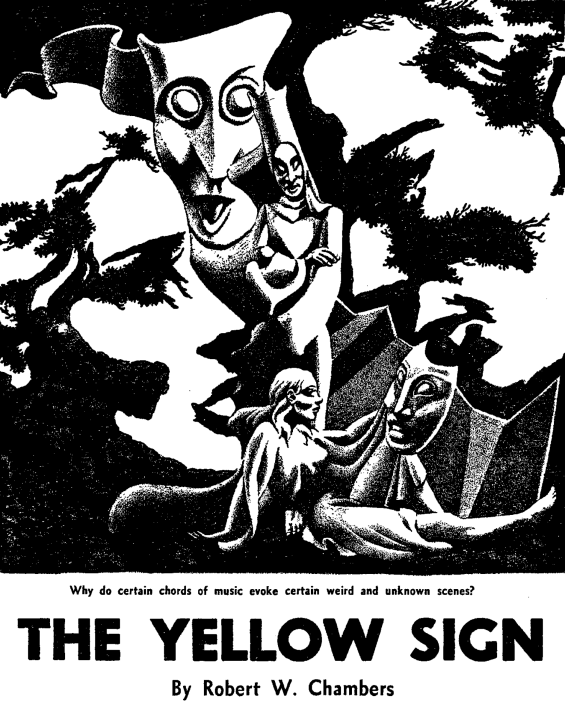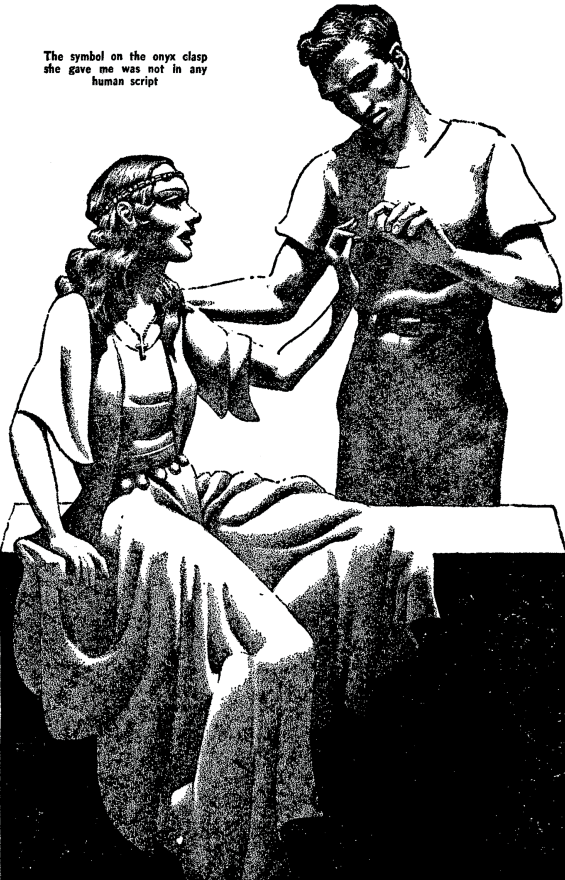

It took me two attempts to get into this Fritz Leiber audiobook. Part of the issue was that the first person protagonist is female and the audiobook’s narrator is male. Phil Chenevert, the narrator, is a talented voice actor but he still sounded male. This bothered me all the way up to chapter four when I had my growning indignity balloon deflated by this choice paragraph:
I swung back to the play just at the moment Lady Mack soliloquizes, “Come to my woman’s breasts. And take my milk for gall, you murdering ministers.” Although I knew it was just folded towel Martin was touching with his fingertips as he lifted them to the top half of his green bodice, I got carried away, he made it so real. I decided boys can play girls better than people think. Maybe they should do it a little more often, and girls play boys too.
Despite my loss of that criticism, I am still not fully satisfied with the story. Like The Big Time |READ OUR REVIEW| before it, No Great Magic is well written fluff – with not even the shape of a plot beginning until the very end.
It may just be that No Great Magic, and perhaps a good deal of other time travel related SF, are of a kind of “cozy” Science Fiction story that I just don’t fully embrace.
Still, the first person narration by the amnesiac heroine and Chenevert’s narrative skill make No Great Magic worth checking out – and perhaps your tastes and my tastes will differ.
Chenevert, incidentally, put it this way in a LibriVox forum post:
“I hope you have been involved in the theater somewhere in your past or present because this story smells heavily of greasepaint.”
 No Great Magic
No Great Magic
By Fritz Leiber; Read by Phil Chenevert
8 Zipped MP3 Files or Podcast – Approx. 1 Hour 53 Minutes [UNABRIDGED]
Publisher: LibriVox.org
Published: May 27, 2012
|ETEXT|
They were a traveling group of Shakespearean players; perfectly harmless, right? wrong. For one thing, why did they have spacemen costumes in their wardrobes,right next to caveman ones? Why was the girl in charge of backstage suffering from amnesia and agoraphobia? No Great Magic is needed to perform the plays they put on, but sometimes great science. No matter where, or when. First published in Galaxy Science Fiction, December 1963.
Podcast feed: http://librivox.org/rss/6656
iTunes 1-Click |SUBSCRIBE|
Here’s a |PDF| with the original illustrations from Galaxy.
Illustrations by Nodel:
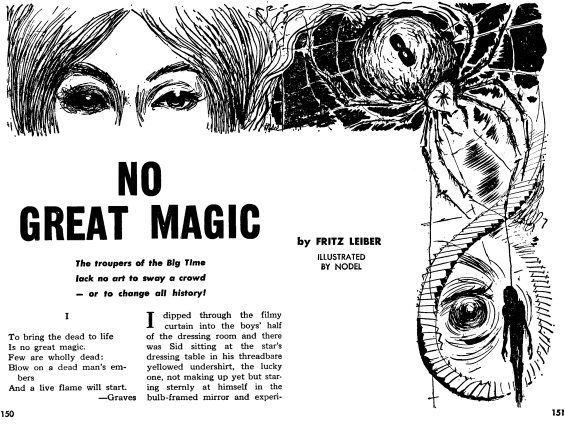
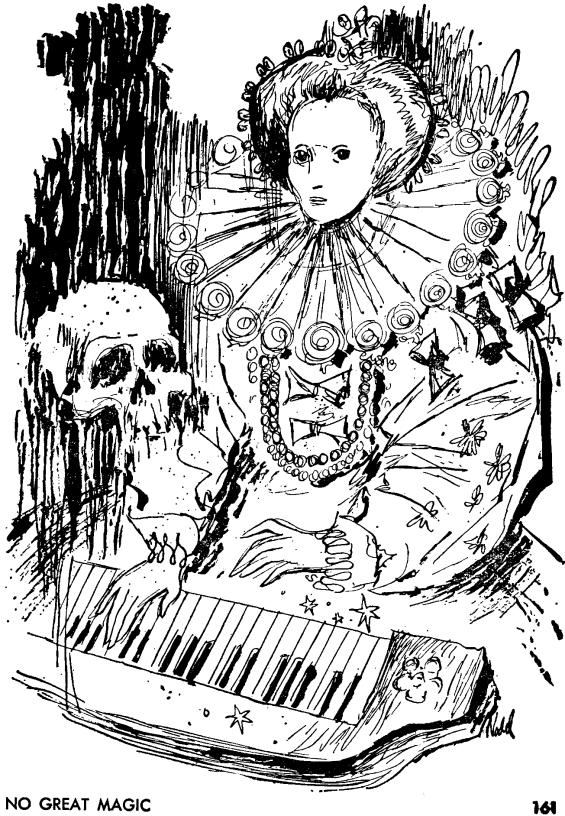
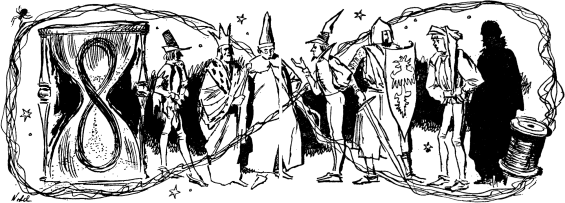
[Thanks also to DaveC]
Posted by Jesse Willis

 The Occupant Of The Room
The Occupant Of The Room